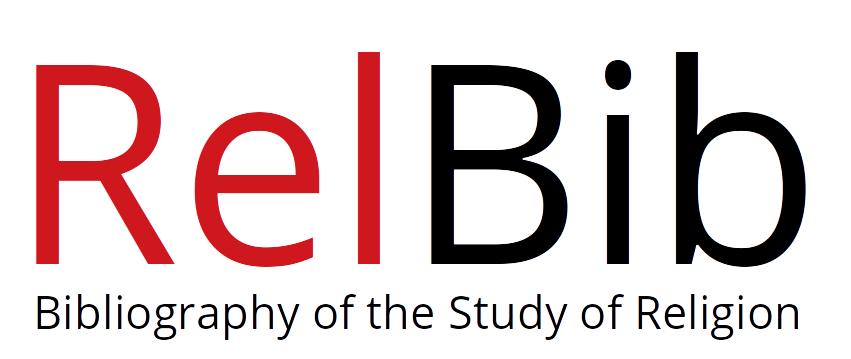|
ABSTRACT
The article analyses religious discourse on economic practice in three different strands of American Protestantism. It examines the distinct ways in which instructions on economic behavior are derived from a common reference point – the Bible – and assesses the resulting and considerable variation in economic norms, as stated in rules, texts, and cultural materials.
The analysis compares instructions out of three communities between the 1970s and 2010s that represent different facets of conservative Protestant religiosity in the United States: (1) the Amish community and its specific economic ethic of simplicity in the Ordnung, derived from Anabaptist principles; (2) mainstream Evangelicalism’s discursive and literary genre of guidebooks dealing with economic wealth; and (3) neo-Pentecostalism’s focus on the Prosperity Gospel, as exemplified by the teachings of Joel Osteen, senior pastor of America’s largest megachurch. Distancing itself from the religious economy approach, the article taps into Mark Granovetter and Richard Swedberg’s work in New Economic Sociology. Applying the concepts of “moral economy” as well as “social embeddedness,” it examines how the three groups’ discursive instructions conceive of what is morally appropriate economic action given their respective relational, structural, and temporal embeddedness. Methodically, we work with institutional analysis, discourse analysis, and content analysis. We argue that theological interpretations of biblical Scripture are socially embedded in each group’s specific context – distinct forms of social interaction, power dynamics, and histories – and that contextual specifics must necessarily be taken into account to better understand the high diversity of instructions on economic decision-making, even within American Protestantism itself. |













